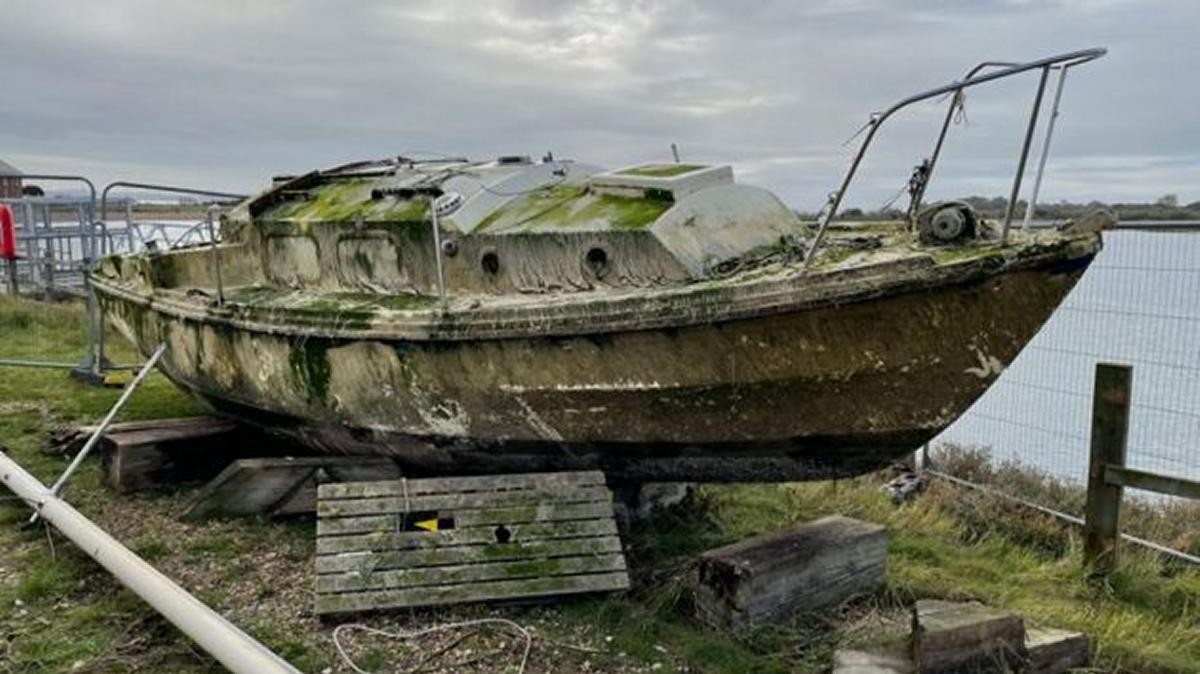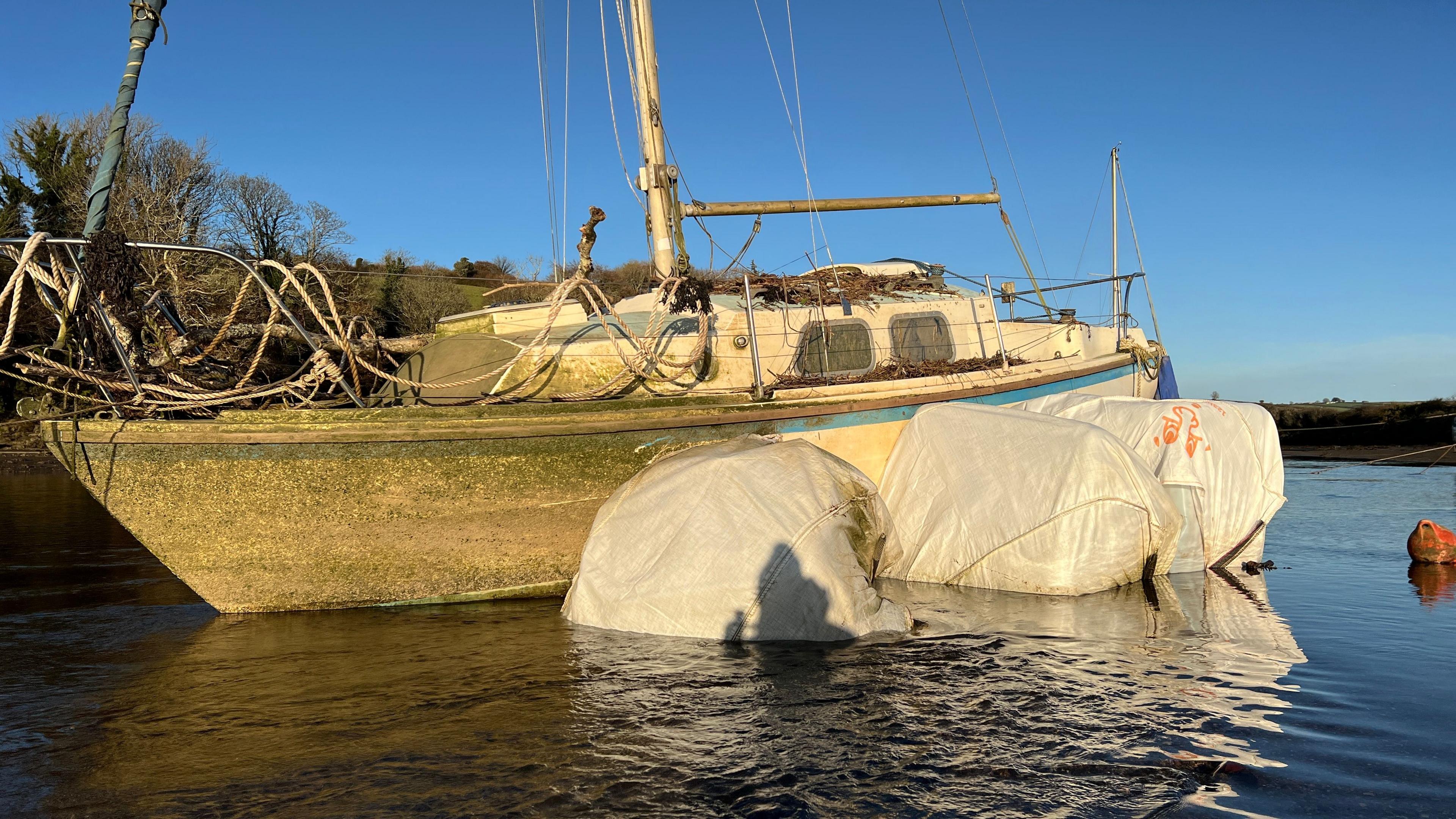First evidence of GRP boats’ “cancerous” impact on aquatic life
Microscopic analysis of oysters, mussels and sediment from Chichester Harbour has uncovered a dizzying number of glass fibres linked back to boatyards and derelict vessels.
A derelict GRP boat. Credit: Boatbreakers.com
The 'really worrying' findings by University of Brighton researchers who undertook studies off the coast of Hampshire and West Sussex have worldwide implications, yet there is no practical solution for recycling fibreglass boats in sight, with a boom in boating, plus increasing numbers of early glass reinforced plastic (GRP) vessels reaching end of life.
Dr Corina Ciocan, Principal Lecturer in Marine Biology at the School of Applied Sciences at the University of Brighton, told PBO it took a lot of detective work to discover exactly what they had found.
Embedded in oysters and other aquatic life, the shards were found as part of an initial study focused on microplastics, and are 10 times thinner than human hair.
by Laura Hodgetts, Practical Boat Owner July 20, 2022
When you subscribe to the blog, we will send you an e-mail when there are new updates on the site so you wouldn't miss them.


Comments